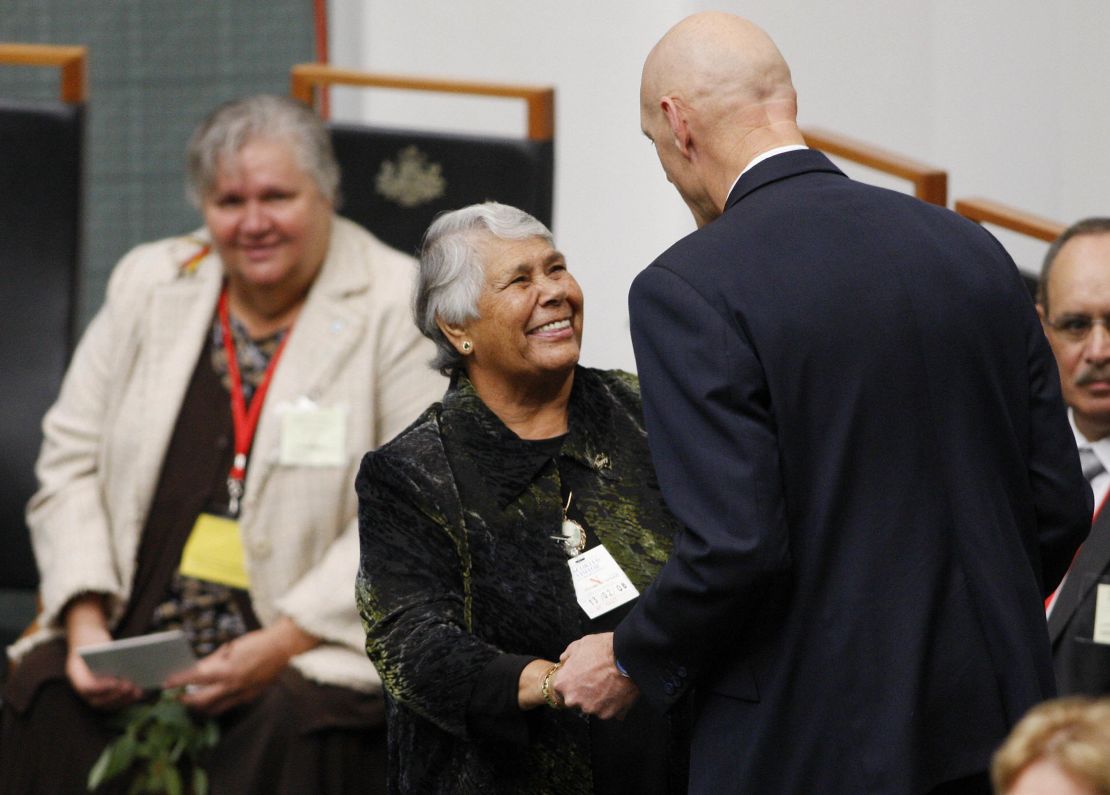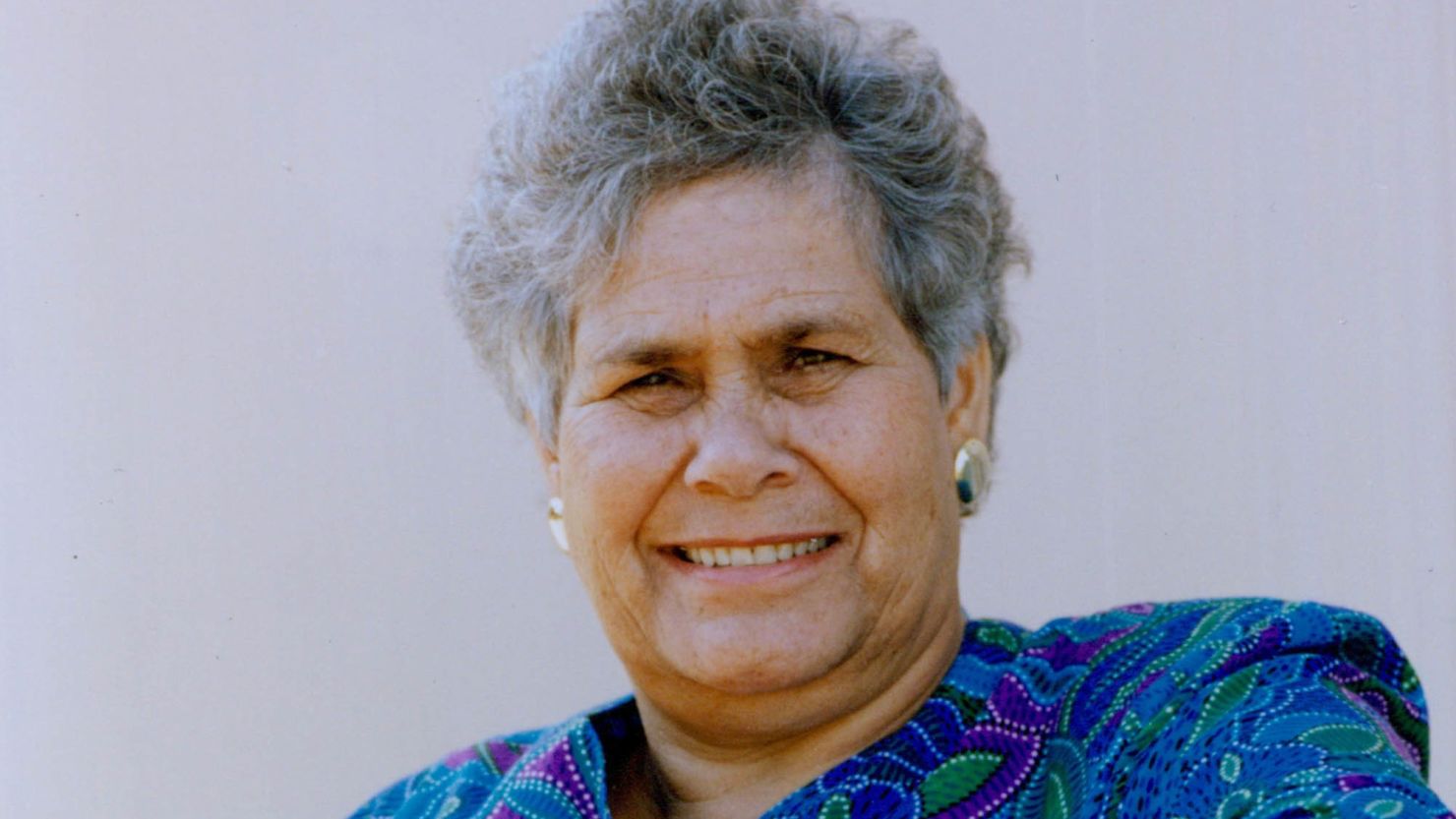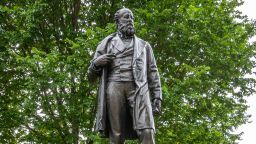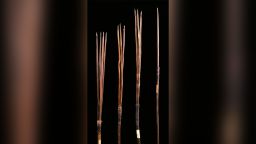Lowitja O’Donoghue, one of the most respected and influential Aboriginal activists in Australian history, has died at age 91.
O’Donoghue, who passed away surrounded by her family on Sunday in Adelaide, dedicated her life to fighting for the health and rights of Aboriginal and Torres Strait Islander people.
She received numerous honors in recognition of her trailblazing advocacy, including becoming the first Aboriginal woman to gain Membership of the Order of Australia in 1976. Other titles included Australian of the Year in 1984, Australian National Living Treasure in 1998 and many others.
Away from home she was also appointed a Commander of the Order of the British Empire and awarded a papal honor from Pope John Paul II.
Born in 1932, O’Donoghue was the fifth of six children born to an Irish father, whom she never knew, and a Yankunytjatjara mother in Indulkana, a remote Aboriginal community in South Australia.
When she was just 2 years old, she and two of her sisters—like thousands of other mixed-race children at the time—were removed from their family and taken into the care of missionaries. She would not see her mother again for more than 30 years.
Nevertheless, O’Donoghue’s difficult start in life did not stop her from forging a promising career for herself. She became the first indigenous Australian to train as a nurse at the Royal Adelaide Hospital in 1954, going on to become a charge sister despite enduring much racism along the way.
After several years in the profession, she went into public service. She successfully campaigned for the recognition of Aboriginal peoples in a 1967 referendum and went on to head up numerous indigenous bodies, both at state and national level, while in 1992 she became the first Aboriginal person to address the United Nations General Assembly.

In 2010, the Lowitja Institute was established in her honor, to promote the health and wellbeing of Aboriginal and Torres Strait Islander people.
Australia’s prime minister, Anthony Albanese, described O’Donoghue as “one of the most remarkable leaders this country has ever known.”
In a lengthy tribute posted on X, Albanese said: “Dr O’Donoghue had an abiding faith in the possibility of a more united and reconciled Australia. It was a faith she embodied with her own unceasing efforts to improve the lives of Aboriginal and Torres Strait Islander people, and to bring about meaningful and lasting reconciliation between Indigenous and non-Indigenous Australia.”
Her death was announced by her family online. They said: “Our Aunty and Nana was the Matriarch of our family, whom we have loved and looked up to our entire lives. We adored and admired her when we were young and have grown up full of never-ending pride as she became one of the most respected and influential Aboriginal leaders this country has ever known.
“Aunty Lowitja dedicated her entire lifetime of work to the rights, health, and wellbeing of Aboriginal and Torres Strait Islander peoples. We thank and honour her for all that she has done – for all the pathways she created, for all the doors she opened, for all the issues she tackled head-on, for all the tables she sat at and for all the arguments she fought and won.”





